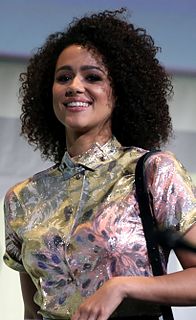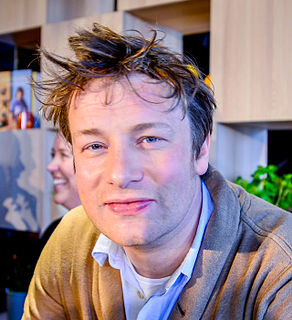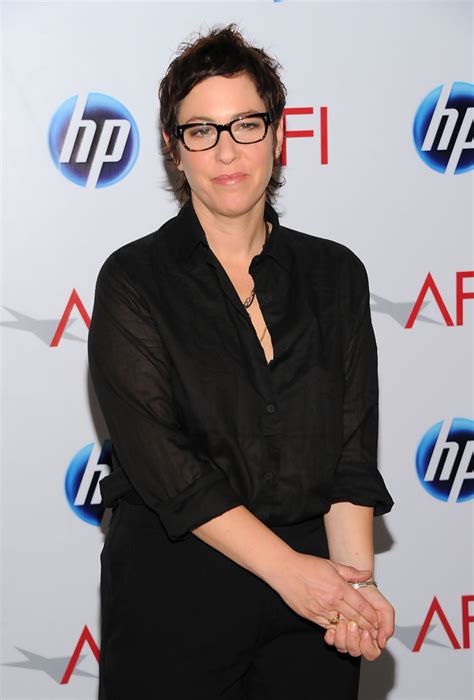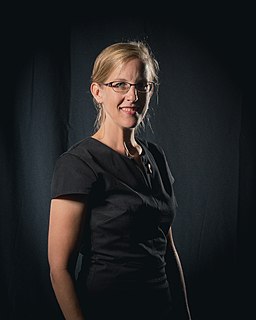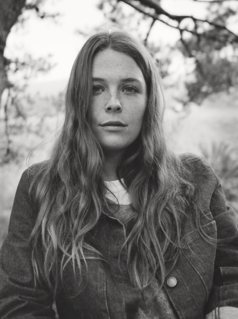A Quote by Bryan Konietzko
We're definitely still interested in the Avatar/Korra universe and fantastical world building in general, but I think many of the core themes and tones found in our two kids' series would be present as well in any sort of adult dramas we might be lucky enough to make in the future.
Related Quotes
Building upon the world we created with 'Avatar' has been a rare and incredibly rewarding experience. In writing the new films, I've come to realize that 'Avatar's world, story and characters have become even richer than I anticipated, and it became apparent that two films would not be enough to capture everything I wanted to put on screen.
There is a core value I wanted to illuminate: No matter what kind of family you have - straight, gay, married, single parent, separated, no kids, two kids, 20 kids, whatever - we all go through the human comedy. But if the bonds are strong enough, and the desire is there, you can get to the other side, still together and still a family.
Many of the deficiencies of our economic system could be alleviated if ways were found to broaden the ownership of the means of production... This has happened in some companies through ESOPs. Successful approaches of this sort would pay dividends in terms of employee commitment and morale. And they would not deprive anyone of his present holdings since they are based on future growth.
If you're a person and care about other people - I don't think I have any sort of special understanding or anything, I think any feeling person would experience similar things if given the same opportunities to see the things I've been lucky enough to see and meet the people I've been lucky enough to meet.
I think the first time you have to change code you’ve written previously, to add features or remove a bug, you realize that you could have done it better in the first place, that you could have found an architecture that would make it easier to transform and grow the code. And this is terribly seductive—you’re not just building a solution to a problem, you’re potentially building a beautiful solution, with ‘beautiful’ here being defined here by an aesthetics of present and future functionality. This can be a trap.
Man can only be certain about the present moment. But is that quite true either? Can he really know the present? Is he in a position to make any judgment about it? Certainly not. For how can a person with no knowledge of the future understand the meaning of the present? If we do not know what future the present is leading us toward, how can we say whether this present is good or bad, whether it deserves our concurrence, or our suspicion, or our hatred?



